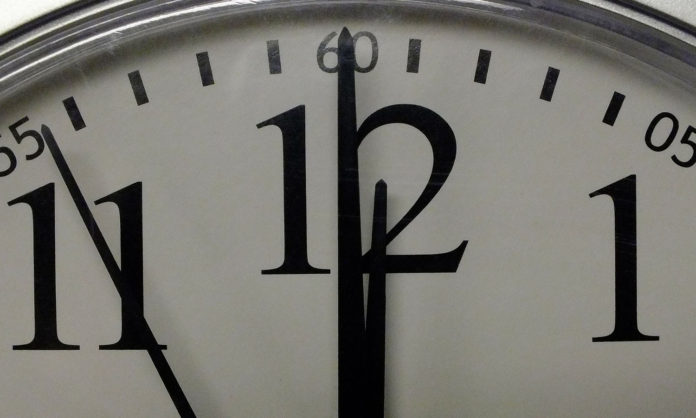
In a post on DIY MFA, Heather Davis suggests five questions you should ask to guarantee your novel has a sturdy structure. “A great novel is like a well-made house: it needs a sturdy structure, or it will eventually collapse,” she says. “A well-developed story structure applied right at the beginning of the writing process will save you months or years of pointless frustration and dead ends.”
Davis says there are five questions you can ask yourself to ensure you’ve created a robust structure:
- What Is the Point of Your Novel? “Every great novel ever written has a Point,” Davis writes. If you don’t know your point, Davis recommends taking time to figure it out. Ask yourself what you want your readers to remember after they finish your novel and keep that idea front and center. “In essence, every scene you write becomes an argument for the Point you’re trying to make, so you must have a crystal-clear understanding of what that Point is before you start writing,” she says.
- What Is Your Story Question (Major Dramatic Question)? Successful novels also have a central dramatic question. In other words, this is the question your readers want answered by the end of the novel. Without your story question, readers won’t know whether your protagonist has succeeded or failed.
- What Does Your Protagonist Want, and How Do They Change by the End of the Novel? It’s axiomatic that your protagonist has to want something, something big enough to propel them through the novel and bring the reader along. The journey will also change your hero, transforming them into a better version of themselves.
- What Is Your Ticking Clock? “A Ticking Clock is a very concrete, time-bound event or consequence that your protagonist is trying desperately to manage,” Davis explains. The clock is connected to your story question, and usually suggests that if your hero does not accomplish X by a certain time, Y will happen. Your story needs a ticking clock or you risk defusing your dramatic tension. “If nothing is shoving your protagonist along their path, they could decide to address their problems next year,” Davis says.
- What Is Your Inciting Incident, Your Midpoint, and Your Finale? These are the most important moments in your novel, the pillars that form the basis of your structure. The inciting incident must disrupt your hero’s life. The midpoint moment is a dramatic event, twist, or reversal, a false victory or false defeat that ensures your tension doesn’t sag and that your character is forced to change. The finale moment answers your story question and shows whether your hero succeeds or fails.











